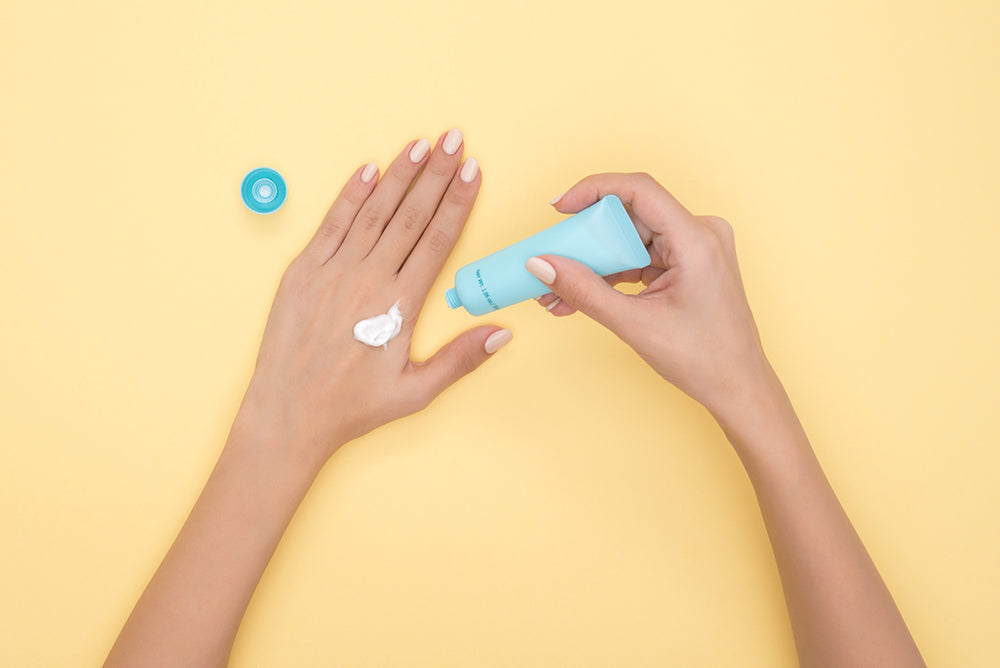
The importance of moisturising
Having the right amount of oils on our face is essential for protecting the outer layer of the skin from environmental assault--dirt, toxins and pollutants--and keeping the deeper layers of skin safe and fresh. Our skin naturally produces its own sebum as protection, however, it is not usually sufficient for the amount of exposure we do; going to work or walking outdoors.
When our natural skin barrier is being assaulted, we find that our skin starts to feel dry, itchy or red. The body compensates by over-producing more oil in an effort to protect itself, which may increase the chances of breakouts.
A common mistake that people with oily and acne skin do, is to use harsh cleansers that strip away excess oils. When the skin is dry, it will react to the dryness by producing more oils, and you will be back to square one.
The key is to balance the oils on our face. So what can one do to keep the skin balanced? The right moisturiser can reduce shine and acne by protecting and hydrating your skin.
Types of moisturisers: Cream vs lotion
Cream-based moisturisers
Here’s a quick guide to follow. Choose moisturisers that are lightweight and non-comedogenic; those that don’t clog pores. While creams are suitable for drier skin, the higher oil content may clog up the pores in already oily skin.
Lotion-based moisturisers
Lotions are an ideal choice for oily skin because they contain more water content and are lighter weight, reducing the chances of clogging while still providing sufficient protection. Lotions that contain hyaluronic acid or sodium hyaluronate are an added bonus. They may cost more but are worth the price. They hydrate without clogging the skin, making them highly suitable for older skin that are oily on the outside but dry on the inside. Light hydration without unnecessary greasiness is what we want to aim for in oily and acne skin.
How to choose a suitable moisturiser for oily and acne skin?
Good moisturisers often contain botanical extracts such as aloe vera or lavender.
For those with acne skin,
- Choose a good moisturiser that contains 1 - 2% salicylic acid. The acid is one of the key ingredients for managing acne as it sloughs off dead skin cells. This clears the pores to prevent breakouts caused by building up of dirt and skin.
- Add a retinoid to your routine. In fact, a light retinoid is also recommended for clearing the top layer of the skin. Dermalogica’s Oil Control Lotion is a light-weight moisturiser that contains salicylic acid, making it suitable for acne skin.
For those with oily skin,
- Lotion-based moisturisers for light hydration and protection are the perfect addition to your routine. Look for the word ‘sodium hyaluronate’, which is the salt of hyaluronic acid, in the ingredients list.
- Dermalogica’s Active Moist is an oil-free, non-comedogenic moisturiser that is suitable for oily skin. Try SkinCeutical’s Daily Moisture for a light-weight, pore minimising lotion. Both contain small amounts of sodium hyaluronate for hydration suited for oily skin.
The importance of a good skincare routine for oily and acne skin
More than other skin types, we can’t stress how important a good skincare routine is for acne skin.
